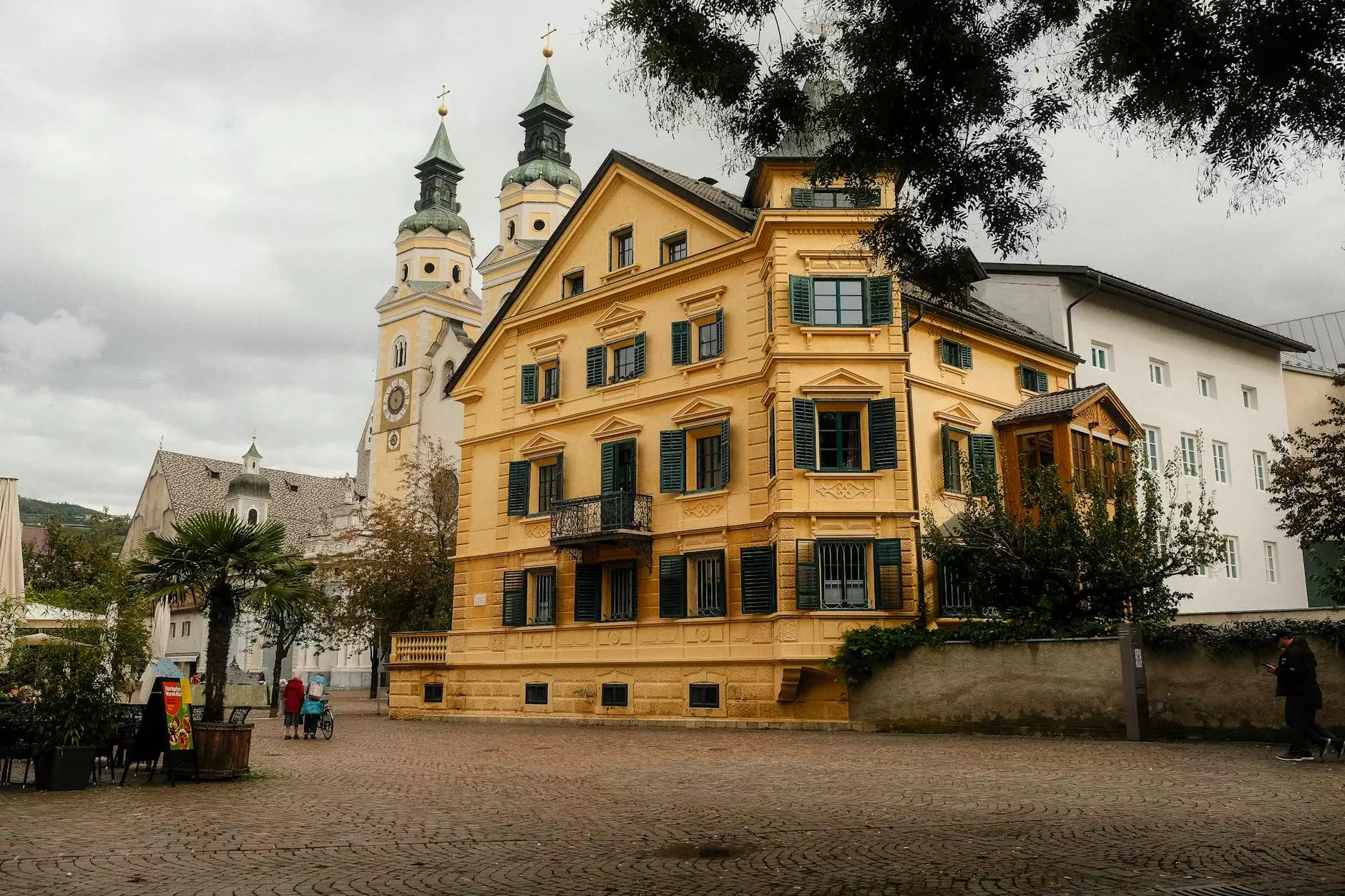Exploring Black Churches in NYC: A Pillar of Community and Faith

The black churches in NYC represent not just places of worship but also vital community hubs that foster social change, provide support, and nurture individual growth. These churches have a deep-seated history and play a significant role in the lives of countless individuals across the city. As we explore the essence of these institutions, let’s delve into their contributions to the community, their cultural significance, and how they continue to transform lives each day.
The Historical Context of Black Churches in NYC
To truly appreciate the impact of black churches in NYC, one must understand their historical roots. The journey began in the late 18th and early 19th centuries, as African Americans sought refuge and strength in faith amid the oppressive realities of slavery and segregation. These early congregations were more than just places to gather; they became fixed points for cultural identity and political activism, laying the groundwork for future generations.
From Slavery to Freedom: A Legacy of Resilience
The growth of black churches in NYC mirrored the struggles and victories of the African American community. These churches often served as centers for organizing social action, with leaders like Rev. Adam Clayton Powell Jr. and other prominent figures using their platforms to advocate for civil rights and social justice. It was in these sacred spaces that hymns and spirituals came to symbolize hope, echoing the cries for freedom and equality.
Community Impact: More Than Just Worship
While the black churches in NYC provide spiritual nourishment, they also engage in extensive community services that address the needs of their congregants and the broader community. This dual role highlights the profound impact they have beyond the walls of their sanctuaries.
Social Services and Support Networks
Many black churches in NYC have established initiatives that offer:
- Food Pantries: Providing groceries and nutritional support to families in need.
- Educational Programs: Tutoring and mentorship for youth, helping them achieve academic success.
- Job Training: Programs that prepare individuals for today’s job market, enhancing employment opportunities.
- Counseling Services: Mental health support that addresses the challenges of urban life.
These initiatives are vital to fostering resilience in the community, allowing individuals to thrive amidst adversity.
A Safe Haven for the Marginalized
For many individuals facing challenges such as homelessness, addiction, and mental health crises, black churches offer a safe haven. They create inclusive environments where members can receive support, share their struggles, and find healing without judgment. The sense of belonging that these churches provide is invaluable for those who may feel marginalized in society.
Spiritual Leadership and Community Organizing
The role of pastors and spiritual leaders in the black churches in NYC extends beyond preaching. They serve as community organizers and advocates for change, often leading efforts to address systemic issues affecting African Americans. Their sermons not only inspire faith but also motivate congregants to engage in civic activities, reinforcing the idea that faith and action go hand in hand.
Empowering the Next Generation
Leadership development is a core mission within many black churches, focusing on nurturing the next generation of leaders. Through programs tailored for youth, such as leadership workshops and youth councils, these churches teach young people about:
- Community Service: Emphasizing the importance of giving back.
- Advocacy: Encouraging engagement with social issues that affect their lives.
- Civic Responsibility: Educating them on the voting process and civic duties.
By fostering leadership skills, black churches prepare young individuals to become effective advocates for their communities, ensuring that the legacy of social action continues.
Cultural Significance and the Arts
Black churches have also been instrumental in preserving and promoting African American culture through the arts. The music, dance, and literary traditions that flourish within these communities are a testament to the rich tapestry of black culture.
Gospel Music: A Powerful Expression of Faith
Gospel music, originating from the black church tradition, has made a lasting impact on the global music scene. The powerful gospel choirs found in many NYC black churches are renowned for their heartfelt performances that uplift spirits and bring together diverse audiences. This genre not only serves as a form of worship but also as a means of expressing the struggles and triumphs of the African American experience.
Case Studies: Exemplary Black Churches in NYC
In exploring the landscape of black churches in NYC, several notable institutions exemplify the profound impact and community-oriented focus that characterizes this tradition.
The Abyssinian Baptist Church
Founded in 1808, the Abyssinian Baptist Church is one of the oldest and most influential black churches in New York City. Located in Harlem, this church has played a pivotal role in the civil rights movement and remains a beacon of hope and activism. With programs focusing on education, economic empowerment, and community development, Abyssinian continues to inspire the community to strive for excellence and justice.
The Riverside Church
The Riverside Church, founded in 1927 by the famous Baptist theologian Harry Emerson Fosdick, is known for its commitment to social justice and inclusivity. Its interdenominational approach welcomes people from all walks of life, and its social programs address pressing issues such as housing insecurity and racial inequality, showcasing an inclusive model for community service.
The Future of Black Churches in NYC
As we move forward, the role of black churches in NYC will undoubtedly evolve with changing demographics and societal needs. However, the core values of faith, community, and empowerment will remain integral to their mission.
Adapting to Modern Challenges
With the advent of technology and social media, many black churches are leveraging these tools to reach younger generations. Online services, social media outreach, and digital community-building are becoming essential components of church life. By embracing innovation while respecting tradition, these churches can create vibrant communities that attract new members and engage effectively with today’s challenges.
Conclusion: The Enduring Legacy of Black Churches
The black churches in NYC stand as monumental pillars of strength, resilience, and hope. They not only nurture spiritual growth but also empower communities by providing essential services, fostering cultural enrichment, and advocating for social justice. As we celebrate their contributions, we recognize the profound impact they have on shaping lives and uplifting the entire city.
In a rapidly changing world, the continued commitment of black churches to their communities underscores their relevance and importance. By engaging with these institutions, individuals can find not only a place of worship but a vibrant community committed to love, service, and justice.
black churches nyc








